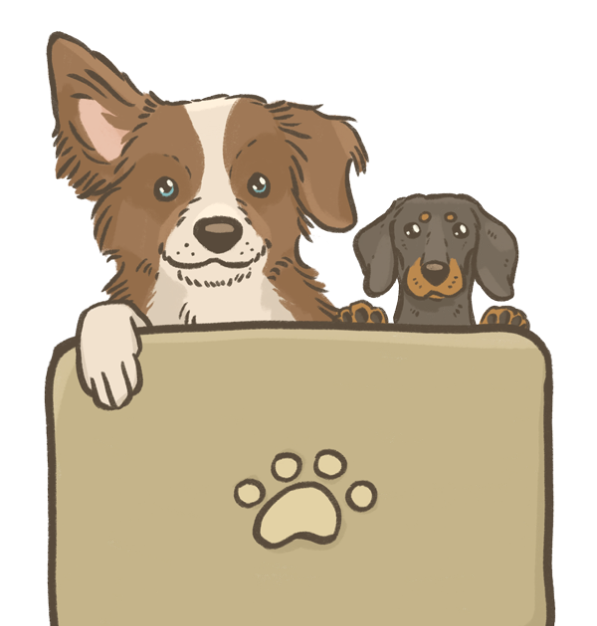Raw-Feeding & Behaviour: How Your Dog's Diet Affects Their Mood

Can food affect my dog's mood and behaviour?
Have you ever eaten something sugary, felt that sugar-high, and then quickly crashed?
Well believe it or not, dogs also experience something similar. It isn’t widely known, but a dog's diet and their behaviour are linked. The best dog food for behaviour problems is a raw and fresh species appropriate diet, just as nature intended for them.
Food is fuel and what goes in must come out – this fuel will be used as energy and the quality of fuel you provide for your pet will have an impact on their energy levels and behaviour. Feeding a natural diet will reduce the likelihood of them feeling sluggish and irritable, as high-quality animal protein is easier for them to digest, rather than putting a strain on their system - you are feeding them to thrive.
How does diet affect dog behaviour?
Raw feeding and dog behaviour go hand in hand. These days, many dog training facilities require that for a dog to join their program, they need to switch to a raw food diet to help with any dog behaviour. For example, imagine you go to a personal trainer four times a week, but at home, you're eating processed, fatty foods and high sugars and wondering why your training sessions weren't helping. See more here on the impact that a raw diet can have in your pet.
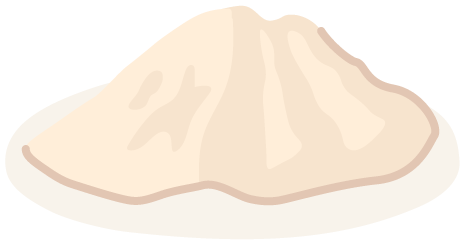
Carbohydrates and Sugars:
A lot of dog food behaviour problems come from a highly processed diet. Did you know that carbohydrates like soy, wheat and corn in highly processed dry food are a sub-group of sugar? (4). This sugar causes rapid rises and falls in a dogs’ blood glucose and insulin levels, which can, in some instances, contribute to certain metabolic and behavioural disorders (1). Read more about the Hidden Sugars in Commercial Pet Foods.
Gut Axis:
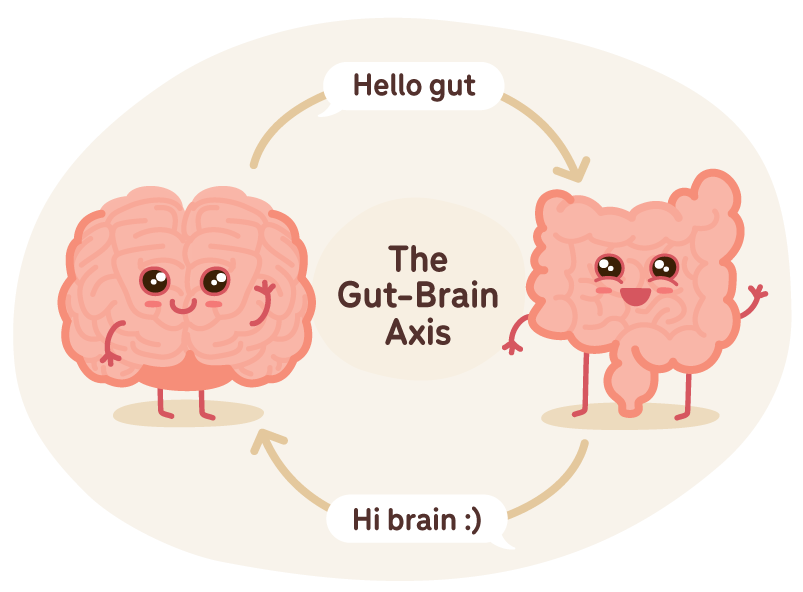
Did you know that the gut talks to the brain? We know it sounds bizarre, but it's true! When protein enters the stomach, it gets broken down into amino acids in the body. It is the basis for our neurotransmitter synthesis (in other words, it's the communication line to the brain). The sad news is that if compromised with protein that isn't bioavailable, dogs will not be able to make and produce enough serotonin hormones. Which means they won't be in that happy, feel-good mood that we love to see them in.
What is the best dog food for behaviour problems?
BARF Diet:
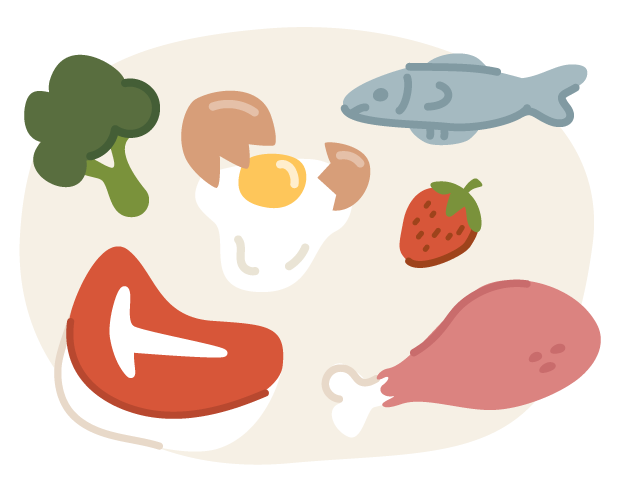
Remember those amino acids we spoke about above? Well, they can be found in a BARF model diet, which is a raw, high-protein diet based on their biological needs, made up of muscle meat, offal, bones and fruit and vegetables.
All of our Big Dog Pet Foods recipes are species-appropriate wholefood diets with high protein, low carbohydrates and full of colourful fruits and vegetables as well as high-quality omega-3 fats to help ensure your dog gets everything they need to feel and behave their best. See more on how your dog’s diet can affect their behaviour.
Turkey or Chicken Diet:
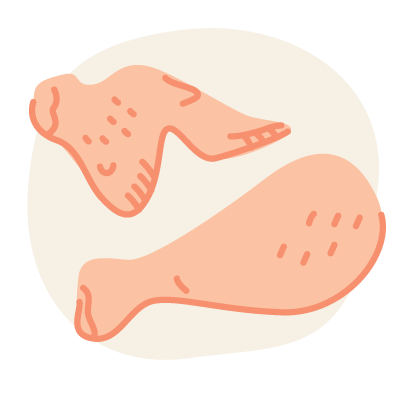
For example, two very important amino acids for mood and behaviour for our pets are Tryptophan and Tyrosine. This can be found in high-quality poultry protein from Australian turkey and chicken!
Tryptophan focuses more on mood, behaviour, sleep and energy production for our pets. Whereas Tyrosine has been shown to have a beneficial effect on behavioural issues, aggression and stress in animals.
And guess what! Our Turkey recipe has these amino acids to assist the development of serotonin for good mood and positive behaviour.
If we consider what a wolf might have consumed in the wild, the carbohydrate content is estimated to have been around 1% of the total diet (2). Whereas an average commercial kibble product contains a carbohydrate content of between 30-60%! So, it only makes sense that a complete and balanced species-appropriate diet will provide your dog with all their nutritional needs and fuel their body.
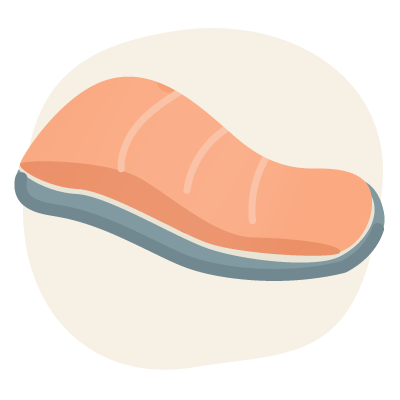
Tasmanian Salmon Diet:
Our Tasmanian Salmon provides great nutrition for dogs of all ages. Including high-quality fish in their diet, for naturally occurring omega-3 essential fatty acids (EFAs), will help support cognitive function; particularly Docosahexaenoic acid (DHA). In saying this, our Core Range of raw food recipes all contain fresh Tasmanian Salmon. See more of Tasmanian Salmon benefits here.
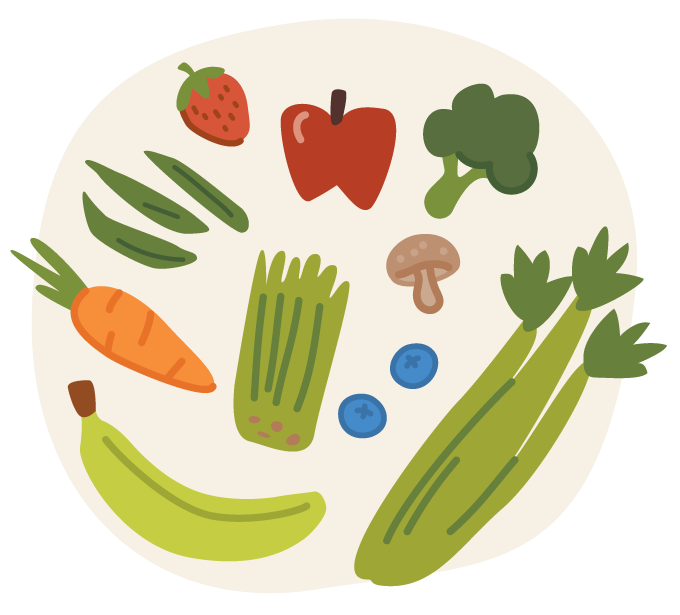
Fruits and Vegetables:
All of our Big Dog Pet Foods recipes contain fruits and vegetables. They are a great addition, as you will less likely see spikes in your dog's blood glucose and insulin levels. They also counteract the effects of free radical damage on the brain, which helps with training and behavioural issues (you don't want a hyper and distracted pup when training).
Probiotics:

When we consider how a dog is behaving, we should really consider what is in the stomach. The health of the digestive system and the microbiome residing in the gut can have an impact on mental well-being and behaviour (2, 3). Research indicates a strong connection between the brain and gut, forming a significant communication pathway in the body known as the gut-brain axis. This connection emphasizes the importance of proper nutrition and the potential positive effects that probiotics can have on mood and behaviour, meaning changes in the microbiome have the ability to influence behaviour and mood. Read more on The Impact of Diet on the Canine Microbiome.
Switching from a processed diet to a natural diet will have many positive effects on a dog. A healthy diet rich in naturally occurring vitamins and minerals can support their immune and digestive systems, skin and coat, as well as their overall health and wellbeing. But you won’t know until you try it! You can read further about the benefits of raw feeding here or if you find yourself having more questions, reach out to our customer care team here!
We all love a good news story!
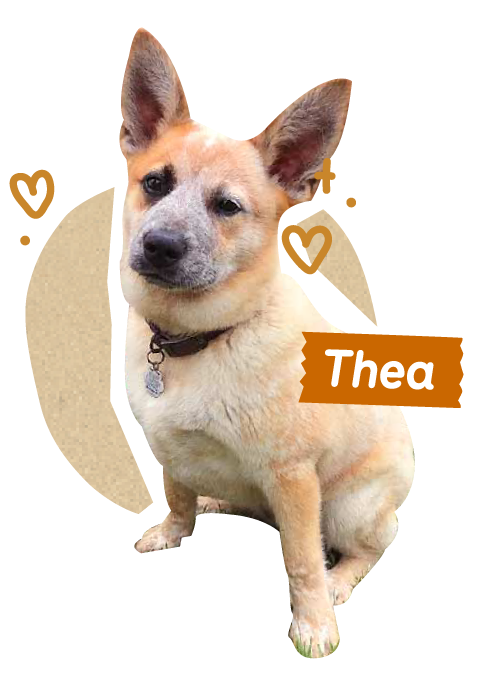
Read Thea’s story here about the positive influence a healthy diet had on her behaviour:
We thought we were giving our puppy a premium diet on “high quality” kibble but after a month she became aggressive and we didn’t know why. We were recommended to your range of food and switched Thea over with very little expectations but after 4 weeks, our pup was a different dog. She now has a great temperament and actually wants cuddles and kisses where before she would bite you if you wanted to pat her tummy. It turns out that the kibble upset her stomach and she was in quite a lot of pain which we didn’t pick up on at the time. She now loves attention and affection and we’re so thankful for that.
References:
1. Hidden Sugars in Commercial Pet Foods. https://www.bigdogpetfoods.com/guides/hidden-sugars-in-commercial-pet-foods-by-narelle-cooke
2. Chronic gastrointestinal inflammation induces anxiety-like behavior and alters central nervous system biochemistry in mice. https://pubmed.ncbi.nlm.nih.gov/20600016/
3. News Feature: Microbes on the mind. https://www.ncbi.nlm.nih.gov/pmc/articles/PMC4522824/
4. Dietary carbohydrates: role of quality and quantity in chronic disease. https://www.ncbi.nlm.nih.gov/pmc/articles/PMC5996878/
